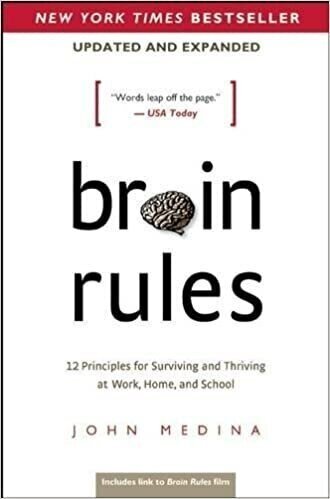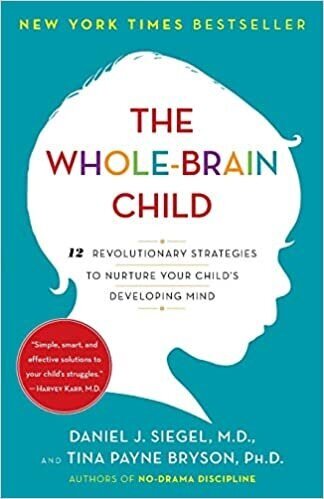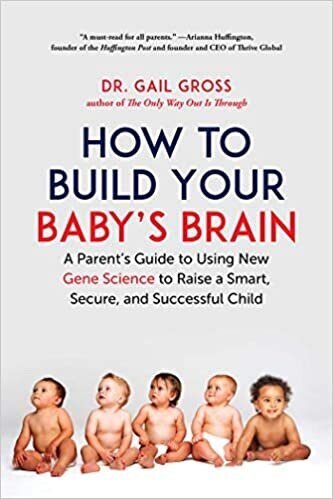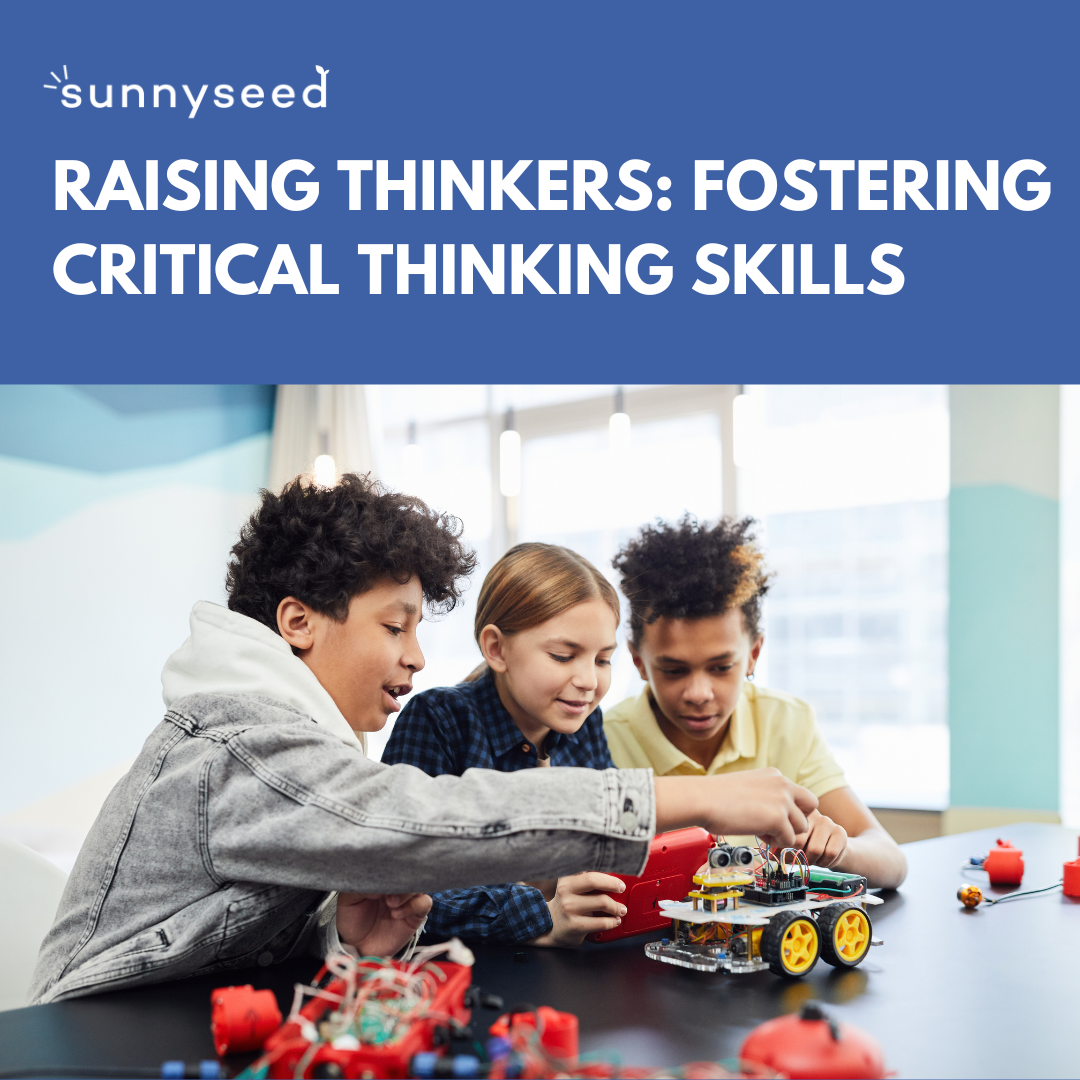Impact of Stress on Developing Brains
WHAT IS STRESS?
When you feel stressed (emotionally or physically), your fight-or-flight system causes you to pump cortisol, which temporarily changes your brain structure so you can react quickly and instinctively. It’s a survival hormone that plays a critical role in our body, but when overproduced can negatively impact our health and development by blocking the brain’s capacity to think, reason, learn, function properly, and heal.
“Cortisol stimulates the amygdala, while it impairs the hippocampus, forcing our attention onto the emotions we feel, while restricting our ability to take in new information.” The amygdala overrides the prefrontal cortex when cortisol levels are high and the brain is in a “fight or flight” state. The prefrontal cortex and hippocampus are responsible for learning, memory, and high-level thinking. – Psychologist Daniel Goleman
THE IMPACT OF STRESS DURING PREGNANCY
If we want the best outcomes for our children, we need to provide the best possible emotional care for pregnant women. The environment of the fetus will suppress or enhance the child’s genes.
Cortisol can pass through the placenta and increase the risk of early cognitive problems. Consistent stress to the mother can cause an overly sensitized baby who has a lower stress threshold after birth and a higher risk for autoimmune problems and hyperactive disorders.
THE IMPACT OF STRESS ON BABIES & TODDLERS
Until three years of age, a child does not understand that they are separate from their mother. She sees you as a physical appendage and extension of herself, which explains why they experience separation anxiety when apart.
According to a 2001 study by Flinn et. al, published in Development and Psychology and Neuroscience Behaviors, a child’s cortisol levels increase the longer a parent is away from him, “which can results in long-term dysfunction in the neurobiological system, with negative effects on emotional health, digestion and even your child’s immune system.”
Nothing is more important, or powerful for development, than a parent’s quality time with their children.
In fact, your socioeconomic status accounts for only 10% of the variance in your child’s academic success, according to a study by the Programe for International Student Assessment (PISA) in 2009.
Another study, known as the Missouri Project, found children whose parents are actively involved in their nurturing and education from 0-3 years score significantly higher than comparable children on almost all levels, including linguistic, cognitive, social, and academic abilities. {Parents as First Teachers (2014) NeuroImage }
Researches today believe that 85% of all children in the US labeled as educable but mentally challenged could have attained average intelligence had they received sufficient stimulation in their families of origin in their early developmental years. {Dr. Gail Gross, Parental Involvement}
BRAIN INTEGRATION
“Young children’s brains require, on average, five to seven years of healthy development to fully integrate; that is, for the parts of the brain to establish communication with each other. Brain integration is a global event that connects multiple layers of neural circuitry both vertically, starting at the base of the brain and working upwards, as well as bilaterally, with the left and right hemispheres connecting to each other over time.”
The integration of right and left hemispheres in the prefrontal cortex is critical to the development of executive functions, but takes longer than other parts of the brain. Executive functions include the capacity for judgement, flexible thinking, planning, organization, and self-control. They underpin the capacity for insight, imagination, creativity, problem solving, communication, empathy, morality, and wisdom. Until the prefrontal cortex is sufficiently integrated, a young child will remain impulsive and untempered. Brain development continues into adolescense, but changes significantly between five and seven years of age.” - Dr. Macnamara, Rest, Play, Grow
HOW TO NURTURE YOUR CHILD’S BRAIN
Spend quality time together to build a secure attachment and support her emotional development
Create an environment rich in learning materials, print, and objects to manipulate, observe, and explore
Read to your child every day.
Play together and prioritize unstructured outdoor play and imaginative play.
Talk and sing to your baby from birth, making eye contact. Infants can distinguish and imitate sounds even before they can make sense of them.
Label objects in large print and narrate your day (i.e. when at the grocery store, point out objects)
Respond to your baby’s needs. Children who feel secure in their early attachment are more likely to be independent adults.
Nurture desirable characteristics, while demonstrating empathy and calm for child’s less desirable characteristics (read: empathic process).
Be a trustworthy, reliable parent (trust is based on experiences).
Meet your child where they are. Understand their neurological state of development.
Model and teach stress-reduction techniques.
Reduce harmful toxins and toxicants when possible.
Heal personal traumas and stressors so you’re able to more effectively and patiently support your child during difficult moments.








